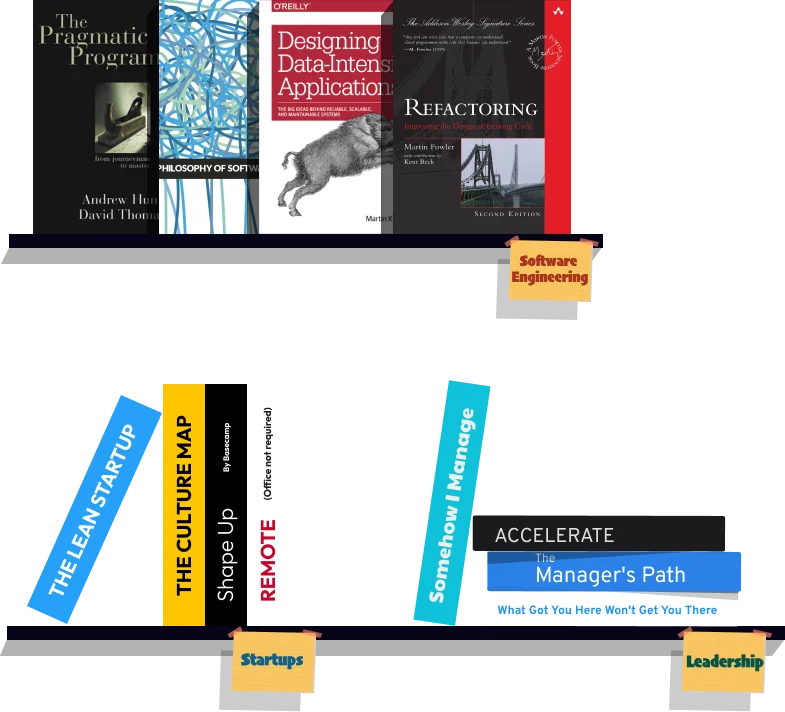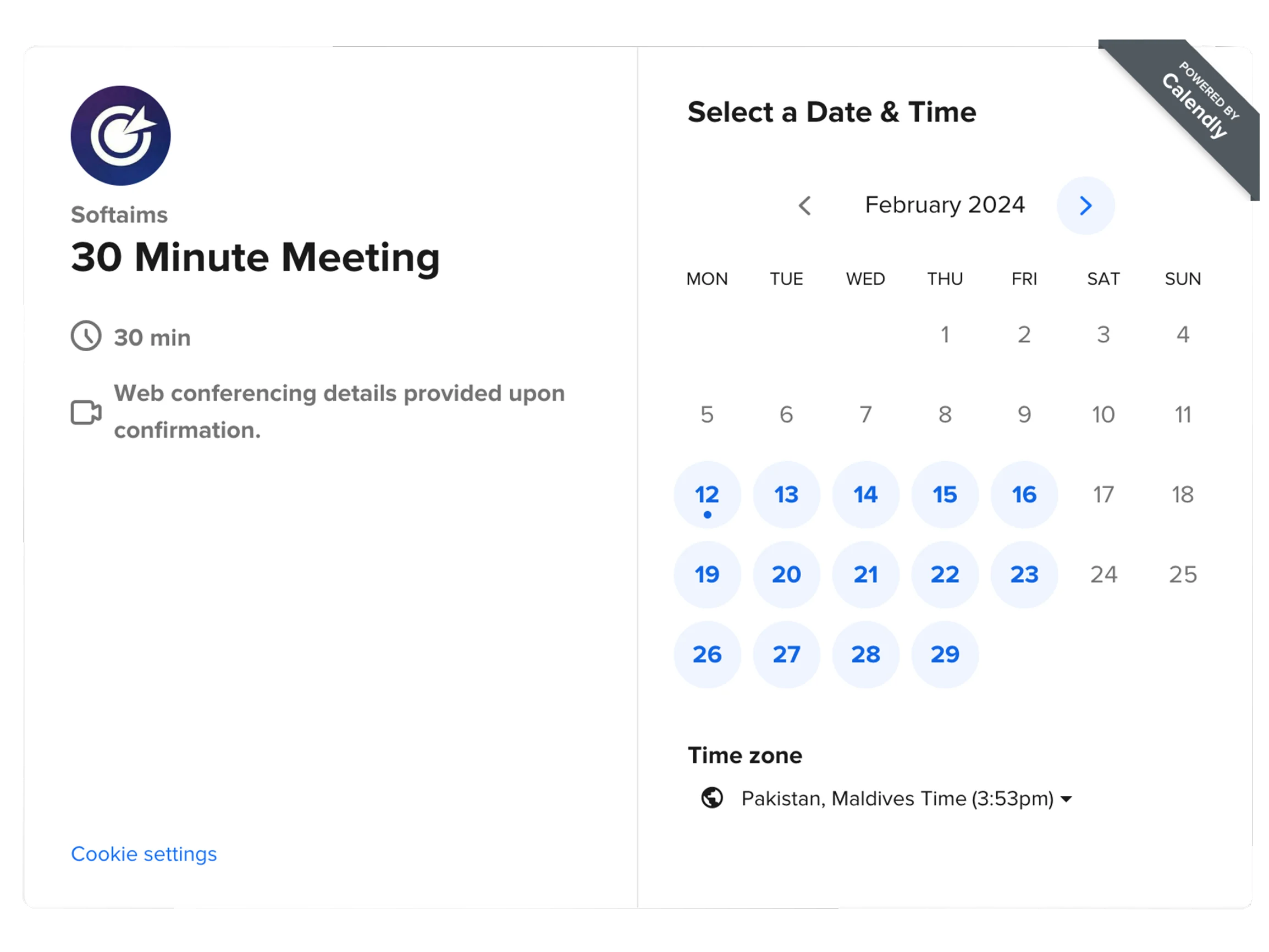The Power of Scalable JavaScript with TypeScript
A TypeScript developer is a modern JavaScript engineer who uses a powerful, statically-typed superset of JavaScript to build large-scale, robust, and maintainable applications. They leverage TypeScript's type system to catch errors during development, improve code quality, and provide a superior developer experience through features like autocompletion and intelligent code navigation.

Hiring a TypeScript developer is an investment in the long-term health and scalability of your codebase. Their expertise is crucial for building complex applications, especially in large teams, where the safety and clarity provided by a strong type system can dramatically reduce bugs and improve collaboration.
Strong JavaScript Foundation
First and foremost, a proficient TypeScript developer must be an expert in JavaScript. TypeScript is a superset of JavaScript, meaning that all valid JavaScript is also valid TypeScript. A candidate must have a deep, practical understanding of modern JavaScript (ES6+), including concepts like asynchronous programming with Promises and async/await.
This strong foundation is essential because, ultimately, all TypeScript code is compiled (or "transpiled") down to plain JavaScript to run in a browser or a Node.js environment. A developer who understands this relationship can write better TypeScript, debug the compiled output, and make more informed decisions about their code.
Mastery of The TypeScript Type System
The core of a developer's TypeScript skill lies in their mastery of its powerful type system. This goes far beyond basic types like string, number, and boolean. A top-tier candidate must be an expert at creating and using complex types, including custom interfaces, types, enums, and generics.
They should be able to write expressive and flexible types that accurately model their application's data structures. For example, the ability to create a generic function like function identity<T>(arg: T): T { return arg; } or define a complex type using utility types like Partial<User> is a clear sign of an advanced and highly skilled TypeScript developer.
Interfaces vs Types
A key aspect of writing idiomatic TypeScript is understanding the subtle differences between its two primary ways of defining object shapes: interfaces and types. A knowledgeable developer should be able to clearly articulate when to use each and the specific advantages they offer.
Generally, they should know that interfaces are a powerful way to define contracts for classes or objects and can be extended, making them ideal for object-oriented patterns. Types, on the other hand, are more flexible and can be used to create unions or intersections, making them well-suited for defining more complex data shapes. The ability to make this strategic choice is a mark of experience.
Configuration with tsconfig.json
The behavior of the TypeScript compiler is controlled by the tsconfig.json file. A proficient developer must have a solid understanding of this configuration file and its most important options. They should be able to set up a new project with a sensible configuration that enforces best practices.
This includes knowing how to configure the target JavaScript version, enable strict mode (which is crucial for catching a wide range of common errors), and set up path aliases for cleaner imports. A developer who can fine-tune their tsconfig.json can create a more robust and efficient development environment for the entire team.
Using TypeScript with a Framework
TypeScript is most powerful when used in conjunction with a modern front-end or back-end framework. A candidate must have hands-on experience using TypeScript with a major framework like Angular (which uses it by default), React, Vue.js, or Node.js (with a framework like NestJS).
They should be skilled at writing strongly-typed components, services, and state management logic within their chosen framework. For example, in React, they should be able to define the types for a component's props and state (e.g., interface MyComponentProps { ... }) to ensure type safety and provide excellent autocompletion in their code editor.
Working with Third-Party Libraries
Not all JavaScript libraries are written in TypeScript. A skilled developer must know how to work with third-party libraries that may not have built-in type definitions. This involves understanding how to search for and install community-maintained type definition files from the DefinitelyTyped repository (e.g., npm install @types/lodash).
In cases where type definitions are not available, an advanced developer should be able to write their own basic type declaration files (.d.ts) to provide type safety for the parts of the library they are using. This practical skill is essential for working in the real-world JavaScript ecosystem.
Advanced Type System Features
A truly senior TypeScript developer will have an understanding of the more advanced and powerful features of the type system. This includes the ability to use utility types like Pick, Omit, and ReturnType to manipulate existing types without creating new ones, which leads to more maintainable code.
Furthermore, they should be familiar with advanced concepts like conditional types and mapped types. These features enable them to write highly generic and reusable type utilities that can significantly reduce boilerplate and enforce consistency across a large and complex codebase. This level of expertise is a key differentiator.
Code Quality and Tooling
TypeScript is part of a broader ecosystem of tools that promote high-quality code. A professional developer should be an expert at integrating TypeScript with a linter like ESLint. This allows them to enforce a consistent coding style and catch potential issues that go beyond what the type checker can find.
They should also be comfortable with their code editor's TypeScript integration (like in VS Code), which provides powerful features like real-time error checking, autocompletion, and automated refactoring. A developer who fully leverages this tooling is more productive and writes better code.
Migration from JavaScript to TypeScript
Many companies are in the process of adopting TypeScript for their existing JavaScript projects. A highly valuable skill is the experience of migrating a large, existing JavaScript codebase to TypeScript. This is a complex process that requires a pragmatic and incremental approach.
A developer with this experience will know how to set up the build process to allow JavaScript and TypeScript files to coexist, how to gradually add types to different parts of the application, and how to prioritize which areas to migrate first. This practical, real-world experience is a huge asset for any team undergoing this transition.
How Much Does It Cost to Hire a TypeScript Developer
The cost to hire a TypeScript developer is generally higher than that of a traditional JavaScript developer, as it is considered a more advanced and in-demand skill that leads to higher-quality software. The salary is influenced by their geographic location, overall years of engineering experience, and their proficiency with popular frameworks like React or Angular.
Tech hubs in North America and Western Europe typically lead the world in salary expectations. The following table provides an estimated average annual salary for a mid-level developer with strong TypeScript expertise.
| Country |
Average Annual Salary (USD) |
| United States |
$125,000 |
| United Kingdom |
$82,000 |
| Germany |
$80,000 |
| Canada |
$95,000 |
| Australia |
$92,000 |
| Poland |
$58,000 |
| Ukraine |
$55,000 |
| India |
$40,000 |
| Brazil |
$50,000 |
| Netherlands |
$85,000 |
When to Hire Dedicated TypeScript Developers Versus Freelance TypeScript Developers
Hiring a dedicated, full-time TypeScript developer is the best choice for building and maintaining a large, complex, and long-term application. A dedicated developer can help establish and enforce typing best practices across the entire team, build a library of reusable types, and take ownership of the long-term health and scalability of the codebase.
Hiring a freelance TypeScript expert is a highly effective tactical decision for specific, well-defined projects. This is an ideal model for migrating an existing JavaScript project to TypeScript, setting up the initial TypeScript configuration and architecture for a new project, or getting expert help to solve a particularly complex typing challenge. Freelancers can provide a burst of specialized expertise.
Why Do Companies Hire TypeScript Developers
Companies hire TypeScript developers to build more reliable and maintainable applications, especially at scale. The primary benefit of TypeScript is that its static type system can catch a huge class of common errors during development, before the code is ever run. This leads to fewer bugs in production and a more stable application.
Furthermore, TypeScript dramatically improves the developer experience and team collaboration. The type information makes the code more self-documenting and easier to understand, which is crucial for onboarding new team members. It also enables powerful developer tooling, like intelligent autocompletion and refactoring, which makes the entire development process faster and more efficient.
In conclusion, hiring a top-tier TypeScript developer means finding a professional who has moved beyond just writing JavaScript and has fully embraced the power of a modern, static type system. The ideal candidate will combine a deep understanding of TypeScript's advanced features with the practical experience of applying them within a major framework to build robust, scalable, and self-documenting applications. By prioritizing these skills, companies can significantly improve the quality and long-term maintainability of their most critical software projects.



































